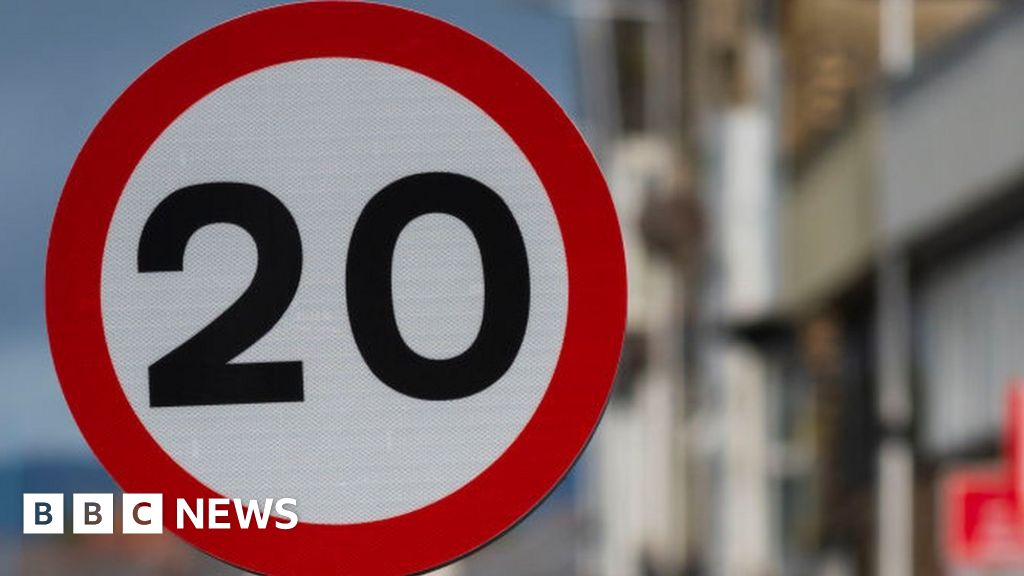I was showing deliberately conflicting data that claimed the emissions would be reduced. And another that showed results were conflicted.
My claim is that emissions overall will not be a major factor either way and is a straw man. I was countering the anecdotal claims that emissions would much worse at slower speeds.
So if pollution and emissions is not a major factor then that leaves us with a reduction in road fatalities and a reduction in collisions. I’m sorry but to me both trump the fact that some ignorant impatient moron wants to drive a bit faster.
These limits are often sold as having environmental benefits - few studies, especially with modern vehicles and traffic patterns, show that to be true, varying from "no net negative impact" to having moderate negative impact. Rarely are potentially quite negative aspects taken into account such as the real world impact on the lifespan and efficiency of car components like DPF, EGR, catalytic converters and turbos, etc. when they spend more time operating below optimal temperatures - which itself will have both an economical and environmental impact both from needing to be replaced more often and working less effectively. (Or as above where even a small increase in pollution can potentially result in more deaths than those saved from collisions).
20 limits can have an impact on reducing collisions and fatalities but despite what some are trying to sell, often using the % chance of serious injury in a collision 20 vs 30 etc., in the real world it is more complicated than that - you can't just slap 20 limits all over and get those benefits - for example in some layouts involving narrow streets with a lot of parked cars such as is the case in some cities/districts in the UK 20 limits have substantially reduced incidents, but in other cases will have no significant impact at all. (EDIT: Also the risk as I mentioned before if these limits aren't used judiciously of eroding the effectiveness of those limits in areas where they are more crucial).
There is an extensive study done by Birmingham https://www.birmingham.gov.uk/download/downloads/id/23868/20mph_areas_monitoring_report.pdf but their outcomes have been distorted by the reduction in traffic volumes due to COVID and lockdowns so it isn't a very reliable study in that respect for some things but also mentions studies in other areas - which are a more varied story - some of those reported reduction in numbers after the first year but if you dig up the data for the years around that it is within the normal year on year fluctuations.
EDIT: PS I'm happy to upload hours and hours of footage showing I'm generally not an impatient driver, make time for other road users where I can and stick to the speed limits in residential areas and 30s and 40s :s even out of town 40s in the middle of the night I stick to 40 personally when many will happily do far faster.
Last edited:




